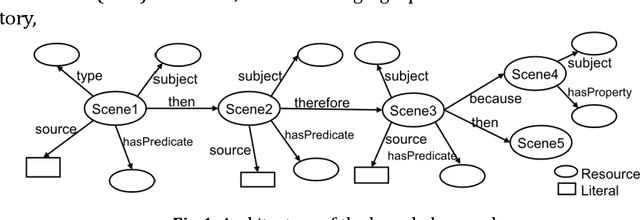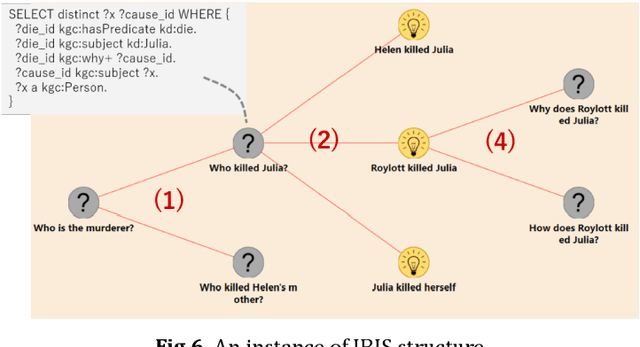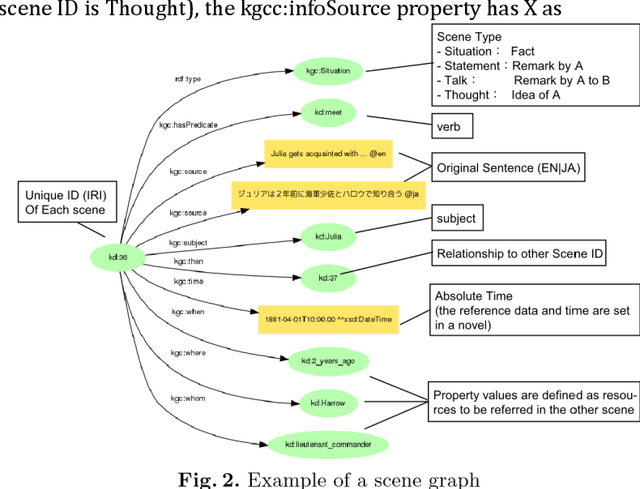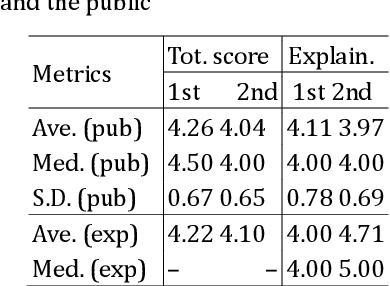Shun Shiramatsu
A Career Interview Dialogue System using Large Language Model-based Dynamic Slot Generation
Dec 22, 2024Abstract:This study aims to improve the efficiency and quality of career interviews conducted by nursing managers. To this end, we have been developing a slot-filling dialogue system that engages in pre-interviews to collect information on staff careers as a preparatory step before the actual interviews. Conventional slot-filling-based interview dialogue systems have limitations in the flexibility of information collection because the dialogue progresses based on predefined slot sets. We therefore propose a method that leverages large language models (LLMs) to dynamically generate new slots according to the flow of the dialogue, achieving more natural conversations. Furthermore, we incorporate abduction into the slot generation process to enable more appropriate and effective slot generation. To validate the effectiveness of the proposed method, we conducted experiments using a user simulator. The results suggest that the proposed method using abduction is effective in enhancing both information-collecting capabilities and the naturalness of the dialogue.
Report on the First Knowledge Graph Reasoning Challenge 2018 -- Toward the eXplainable AI System
Aug 22, 2019



Abstract:A new challenge for knowledge graph reasoning started in 2018. Deep learning has promoted the application of artificial intelligence (AI) techniques to a wide variety of social problems. Accordingly, being able to explain the reason for an AI decision is becoming important to ensure the secure and safe use of AI techniques. Thus, we, the Special Interest Group on Semantic Web and Ontology of the Japanese Society for AI, organized a challenge calling for techniques that reason and/or estimate which characters are criminals while providing a reasonable explanation based on an open knowledge graph of a well-known Sherlock Holmes mystery story. This paper presents a summary report of the first challenge held in 2018, including the knowledge graph construction, the techniques proposed for reasoning and/or estimation, the evaluation metrics, and the results. The first prize went to an approach that formalized the problem as a constraint satisfaction problem and solved it using a lightweight formal method; the second prize went to an approach that used SPARQL and rules; the best resource prize went to a submission that constructed word embedding of characters from all sentences of Sherlock Holmes novels; and the best idea prize went to a discussion multi-agents model. We conclude this paper with the plans and issues for the next challenge in 2019.
 Add to Chrome
Add to Chrome Add to Firefox
Add to Firefox Add to Edge
Add to Edge